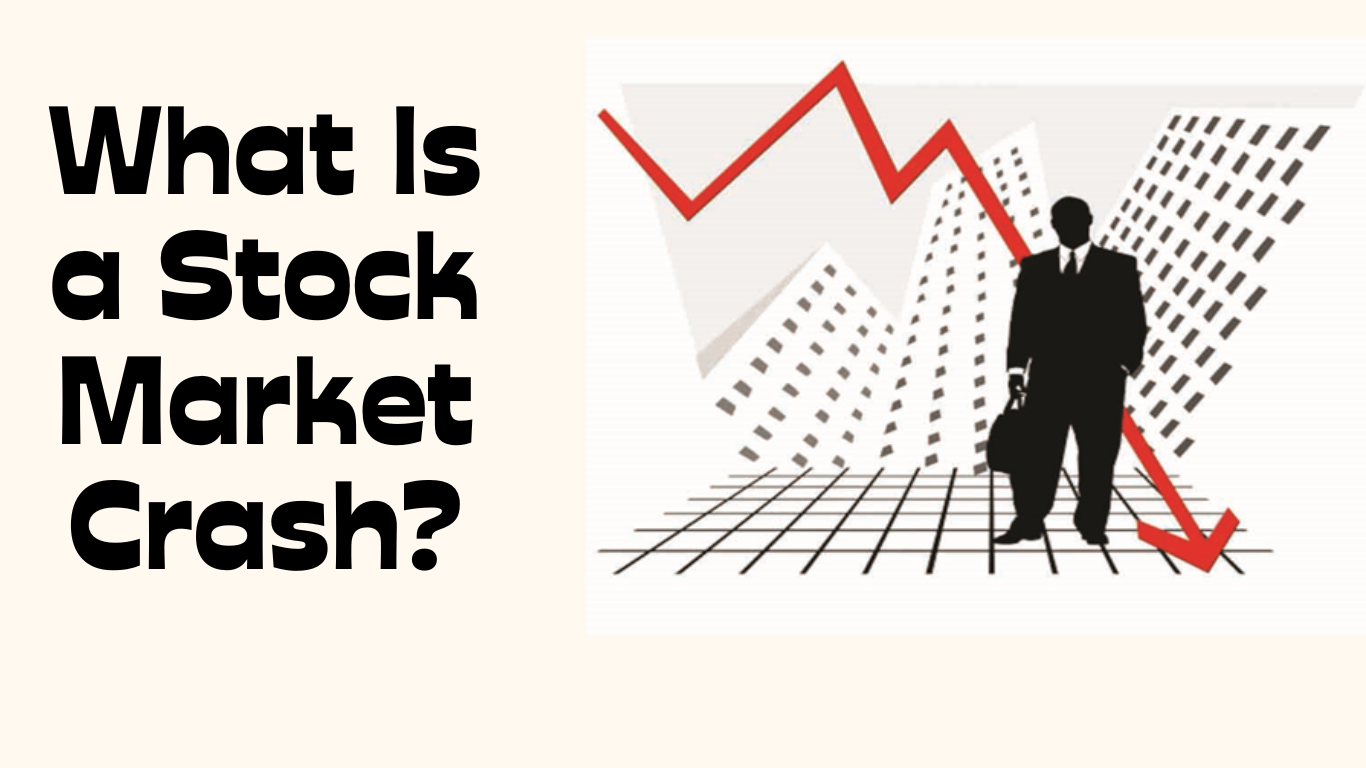What Is a Stock Market Crash?
A stock market crash is a rapid and often unanticipated drop in stock prices. A stock market crash can be a side effect of a major catastrophic event, economic crisis, or the collapse of a long-term speculative bubble. Reactionary public panic about a stock market crash can also be a major contributor to it, inducing panic selling that depresses prices even further.
Famous stock market crashes include those during the 1929 Great Depression, Black Monday of 1987, the 2001 dotcom bubble burst, the 2008 financial crisis, and during the 2020 COVID-19 pandemic.
Understanding Stock Market Crashes
Although there is no specific threshold for stock market crashes, they are generally considered as abrupt double-digit percentage drop in a stock index over the course of a few days. Stock market crashes often make a significant impact on the economy. Selling shares after a sudden drop in prices and buying too many stocks on margin prior to one are two of the most common ways investors can to lose money when the market crashes.
Well-known U.S. stock market crashes include the market crash of 1929, which resulted from economic decline and panic selling and sparked the Great Depression, and Black Monday (1987), which was also largely caused by investor panic. Another major crash occurred in 2008 in the housing and real estate market and resulted in what we now refer to as the Great Recession. High-frequency trading was determined to be a cause of the flash crash that occurred in May 2010 and wiped off trillions of dollars from stock prices.
Why share market crash occurs?
Usually, a stock market crash occurs at a time when the economy is overheated, the inflation is increasing, when market speculation is high and when there is strong uncertainty over the direction of an economy. Due to these, the stock market crash often starts with a trickle and ends as a disaster as the investors look for a quick quit or exit option. Because of the formidable interaction of bull market, bear market, and stock market bubble, it can crash in unfortunate ways.
· Bull Market:
It occurs when the investors are optimistic about the market and the economy also, when the demand is more than supply resulting in an increase in share prices. It can last from 2-9 years. All it requires is a significant market event to create crisis of confidence and drawing more sellers in the market.
· Bear Market:
It often evolves after the stock market crash. In this, the investors go pessimistic and start selling the shares resulting in a fall of prices as supply begins to outpace demand. It is referred to as a bear market as the result of the stock market losing 20% of its value over a 52 week period. It mostly lasts for about 4 years or less.
· Stock Market Bubble:
It inflates and explodes when investors start acting in a herd mentality and tend to buy stocks in a group leading to inflated and unrealistically high market prices.
What is to be done during and after a stock market crash?
All you require is to be aware of your own exposure to the market and check whether you are highly leveraged as a margin investor. Also, see whether your investment portfolio is over weighted with riskier growth stocks or other more speculative stocks. Therefore, have complete in-depth knowledge about your portfolio and with the help of stock market professionals take the following steps:
- Adjust accordingly after researching about good stocks
- Spread your risk by diversifying your portfolio
- Buy when others sell
- Stay calm as bear markets tend to dissipate fairly quickly and bull markets last a lot longer
